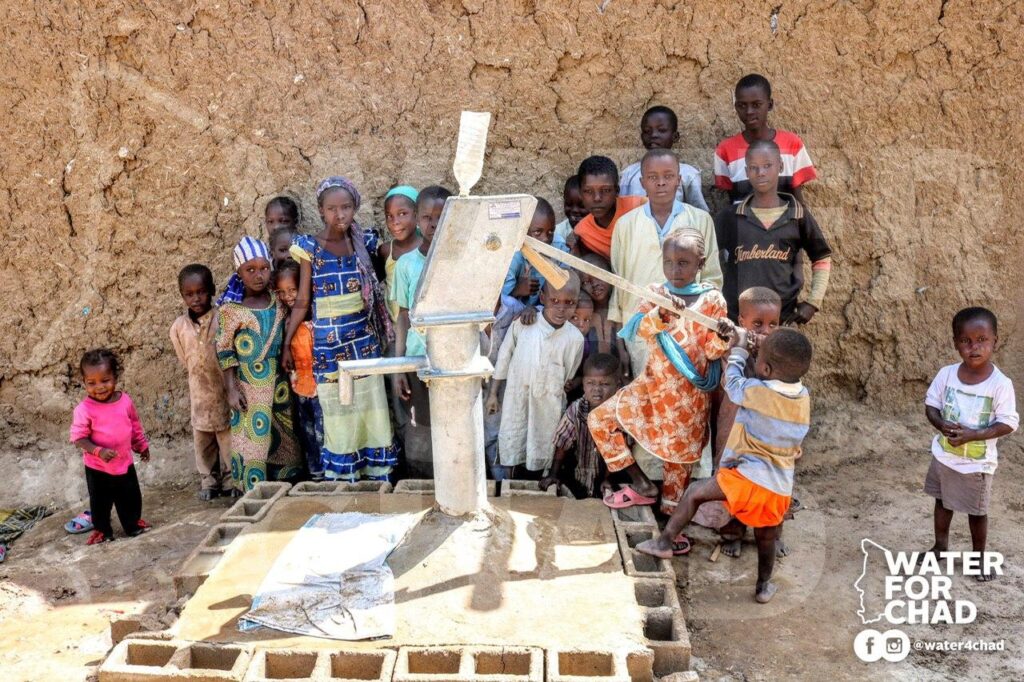Addressing the Water Crisis in Chad : A Call to Action.
In the heart of Africa, Chad grapples with a formidable challenge: access to clean water. While water is essential for life, a significant portion of Chad’s population struggles to secure this basic necessity. The water crisis in Chad is multifaceted, impacting communities, health, and economic development.
The Scarcity of Clean Water
One of the most pressing issues facing Chad is the scarcity of clean water sources. Many regions in the country suffer from arid climates and erratic rainfall patterns, exacerbating water scarcity. Rural communities often rely on shallow wells, rivers, or ponds for water, which are prone to contamination from bacteria, parasites, and pollutants.
Health Implications
The lack of access to clean water poses grave health risks to the population. Contaminated water sources contribute to the spread of waterborne diseases such as cholera, typhoid fever, and diarrhea. These illnesses disproportionately affect children, leading to high mortality rates and perpetuating cycles of poverty and despair.
Impact on Livelihoods
In Chad, water scarcity undermines agricultural productivity, exacerbating food insecurity and perpetuating cycles of poverty. Farmers struggle to irrigate their crops, livestock face dehydration, and communities endure hardships as they contend with the daily struggle for water. The burden falls heaviest on women and children, who often bear the responsibility of fetching water over long distances, sacrificing educational and economic opportunities in the process.
Environmental Degradation
The water crisis in Chad is also intertwined with environmental degradation. Deforestation, desertification, and soil erosion further deplete natural water sources and disrupt fragile ecosystems. Climate change exacerbates these challenges, leading to more frequent droughts and unpredictable weather patterns.

A Call to Action
Addressing the water crisis in Chad requires concerted efforts from governments, non-profit organizations, international agencies, and local communities. Sustainable solutions must prioritize:
- Investment in Infrastructure: Developing reliable water infrastructure, including wells, boreholes, and water treatment facilities, can expand access to clean water in remote areas.
- Community Empowerment: Engaging local communities in water management initiatives, promoting hygiene education, and fostering sustainable practices can empower communities to address their water needs.
- Policy Reform: Implementing policies that prioritize water conservation, environmental protection, and equitable distribution of resources is essential for long-term sustainability.
- International Support: Mobilizing international support and funding to support water projects, capacity-building initiatives, and research efforts can amplify the impact of local interventions.
As we confront the water crisis in Chad, let us recognize that access to clean water is not just a fundamental human right but a cornerstone of human dignity, health, and prosperity. Together, we must commit to action, solidarity, and innovation to ensure that every individual in Chad has access to the clean water they need to thrive.
In the face of adversity, let us stand united in our resolve to build a future where clean water flows freely for all.
.

“The simplest acts of kindness are by far more powerful than a thousand heads bowing in prayer.”
― Mahatma Gandhi

